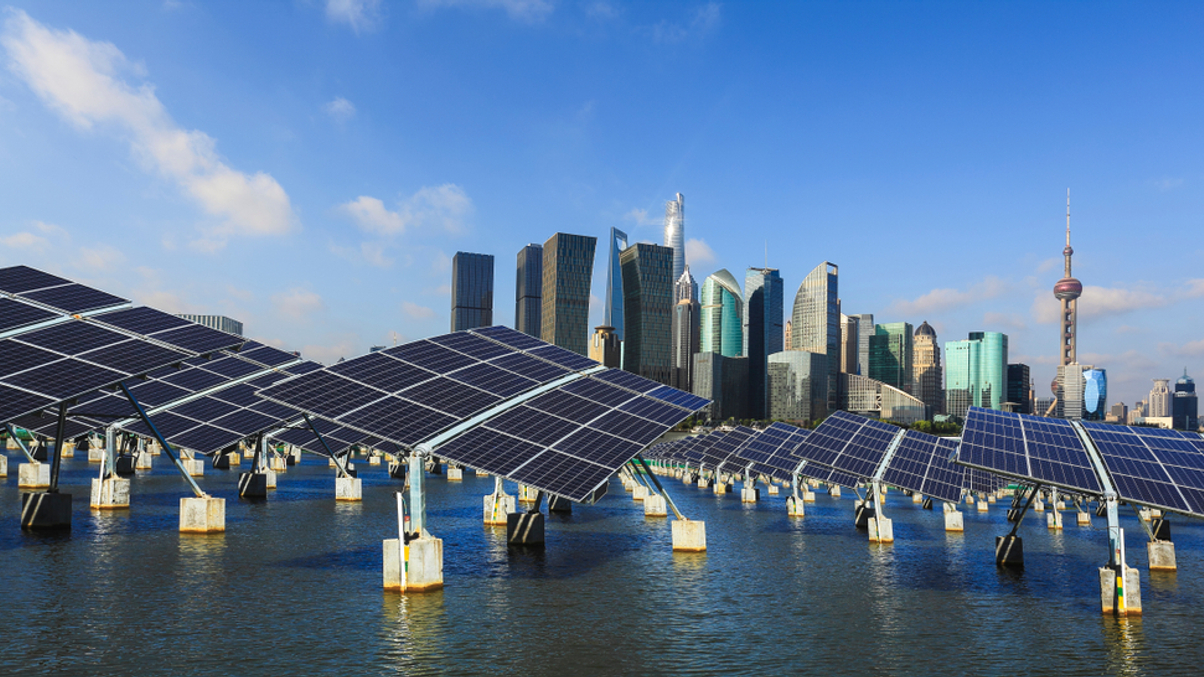Foreign asset owners wait for post-Covid Zero to assess China’s energy transition
Interest to invest in China’s decarbonisation is aplenty — but foreign asset owners are waiting for the country to drop its Covid Zero policies first, before assessing these opportunities.

Foreign asset owners are showing increasing interest in investing in China’s decarbonisation, after the country announced its 2060 net zero target in late 2020.
Sign in to read on!
Registered users get 2 free articles in 30 days.
Subscribers have full unlimited access to AsianInvestor
Not signed up? New users get 2 free articles per month, plus a 7-day unlimited free trial.
¬ Haymarket Media Limited. All rights reserved.


